All the partners involved in the project bring in specific experiences that are coordinated in order to create a new model of intervention for the promotion of creative learning districts. The project strategy combines the knowledge and skills developed by these best practices models into a new and sustainable practice. Following are the best practices from which emerges the operational strategy of the project:
Distretto Digitale
The first municipality to adopt and implement the Distretto Digitale project was Cinisello Balsamo (Italy), in 2013. The project adopted a 5 point model of intervention in local schools:
1) renovation of infrastructures, introducing ICT facilities, wifi connection, video projectors and other tools, based on specific necessities;
2) management software to support the dematerialization of the administrative practices;
3) didactic: all the schools involved were supported in a change towards a more student-centred approach;
4) training: all teachers received training on the use of ICT, both on a technical and pedagogical level;
5) communication models: new models of communication between administrations, schools and families were supported and experimented.
Mo.L.VET.
The project is an example of successful introduction of mobile learning among VET students, and collaboration between educators from different countries. MoLVET aimed at innovating the pedagogical approaches adopted in Vet centres by means of ICT (digital devices, tools, applications…). In MoLVET, technology represented an opportunity to implement more learner-centred approaches, promoting inquiry-based learning, participative learning, learning-by-doing, problem solving and creativity. The aim was to put the learners at the centre of the learning process, giving them the opportunity to create, use and share resources whenever and wherever they needed, enhancing their engagement and motivation, including having fun. All MoLVET outputs are freely accessible on the Moodle platform, and will represent a contribution to the project platform development.
We The Educators
The project, which was recently launched at the Unite For Quality Education and Leadership Conference held in Rotterdam in March 2017, endeavors to stimulate a rich public dialogue — and greater professional scrutiny — around the relationship between the datafication of education systems and the (de)personalisation, privatisation and standardisation of student learning. Promoted by Educational International (EI), the Alberta Teachers’ Association (ATA) and the Canadian Teachers’ Federation (CTF), the project has already involved a number of professionals, among which Graham Brown Martin from Red Pill Ltd, to create a platform where such a debate will take place. In order to promote a rich interaction, the project has undertaken a number of initiatives such as literature reviews and short animations available in English, French and Spanish, focusing on different aspects of the promoted debate.
11defebrero.org
The Spanish “11 de Febrero” initiative was born on September 2016 to commemorate the “International Day of Women and Girls in Science”. In only a year and a half, the Initiative has become a benchmark in the dissemination of Women in Science issues, with over a thousand activities taking place in Spain during February 2018. Hundreds of talks at schools given by female scientists or about the discoveries of female scientists encourage girls to follow a scientific career and prevent a gender-biased next generation of scientists. Exhibitions, science dating, gatherings to edit Wikipedia, round tables, storytellers, comic or video contests, and many other activities contribute to make visible the contribution of women in science.
It is noteworthy that “11 de Febrero” is an open civic initiative launched and run by a few scientists and science communicators on a voluntary basis and without funding. The initiative calls people, institutions, companies, schools, libraries, etc. to organize activities close to the 11th of February, announcing them on a web page and on its social networks. The webpage offers as well a wealth of materials freely available to use in their activities. The Spanish scientific community and the institutions have understood that each of us can make a difference and they are responding massively to the call, participating and organizing activities around the International Day of Women and Girls in Science.
Mejora de las metodologías de la enseñanza de las lenguas al alumnado inmigrante en un contexto europeo
The Erasmus + (KA1) project “Mejora de las metodologías de la enseñanza de las lenguas al alumnado inmigrante en un contexto europeo” was developed by 18 teachers of the IES Cartujas and provided specific training in new technologies for the learning of languages to improve the quality of education and the international dimension of the school by promoting contacts with other European centers for future projects. Moreover, the project strengthened both the cooperation within the organization and the capacity of internationalization since it was a follow-on of the rest of the European projects carried out in the school.
EHVE – Etre Humain, Vivre Ensemble
The aim of the programme is to adapt, evaluate and disseminate an educational programme created by Les Petits Débrouillards France and Lilian Thuram Foundation (Educational kit: Be human – life together) and used by educators in schools (from primary school to high school) and in other community contexts (youth organisations) within interventions aimed at preventing prejudice and promote positive intercultural relationships. The programme will be adapted and piloted in four countries (France, Belgium, Germany, Italy) and the final version will be used to train teachers and educators.
Speaking Eyes (METU)
The Speaking Eyes project, (METU) aim to provide equal opportunities for blind or visually impaired people in learning the correct writing and spelling of the English vocabulary without the need of outer support. Designed-based approach was employed in the project, and the platform Speaking Eyes was developed iteratively. The design considerations that came up as a result of the project specific to the target group are: accessibility, usability, flexibility, adaptability, simple design, challenge, and feedback and characteristics of feedback.
The Online Psychological Support Training for Psychological Counselors is another METU project dedicated to the development of an online educational program to be implemented immediately after and during a disaster for school counselors. The project wanted to provide an effective answer to the needs that arise in societies and individuals exposed to disasters and traumas such as earthquakes, technological or mining accidents, economic crisis, terrorism or migrations.
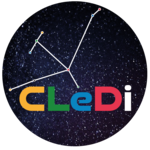
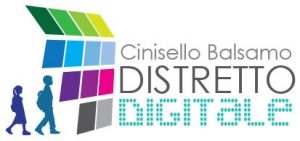
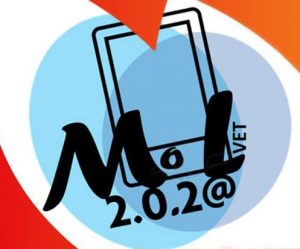
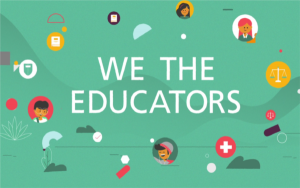
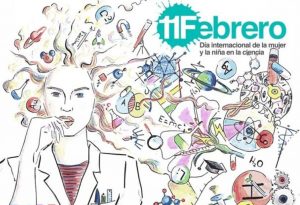
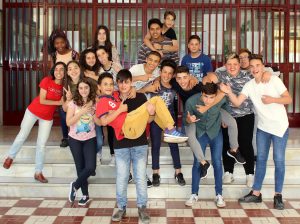
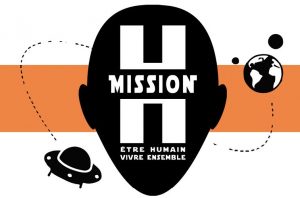

 This project has been funded with support from the European Commission. This website reflects the views only of the author, and the Commission cannot be held responsible for any use which may be made of the information contained therein.
This project has been funded with support from the European Commission. This website reflects the views only of the author, and the Commission cannot be held responsible for any use which may be made of the information contained therein.